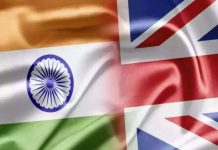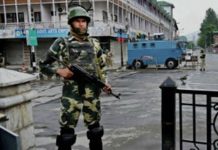
India, China kicked off formal talks in Beijing on June 11 to forge a common front on oil. They were considering the formation of oil buyer’s club, a bloc against OPEC (Organization of the Petroleum Exporting Countries) to counter tough bargain offered by OPEC on oil prices.
India, China both together accounted for 17 % of world oil consumption.
Production cuts by OPEC have led to global oil prices hitting a four year high in May 2018 that forced a Rs 3.8 per liter hike in petrol and Rs 3.38 a liter hike in diesel prices.
“The timing is right. The boom in the US oil and gas production gives us leverage against OPEC,” an official said.
The move comes in the backdrop of shifting of global oil market’s centre to Asia and simultaneously working to get more US crude oil to Asia.
In April 2018, oil minister Dharmendra Pradhan proposed an alliance between Indian and Chinese state-run oil companies to cut dominance of OPEC. After meeting with Wang Yilin, China National Petroleum Corporation chairman and Li Fanrong deputy administrator of China’s National Energy Administration, Pradhan said, “As consumers, we have certain mutual interests. We agreed to promote (business-to-business) cooperation… and we are hopeful that in future buyers will be able to dictate prices.”
“Possibilities of joint sourcing of oil as well as combined bargaining to bring down Asian premium was discussed. The similar collaboration will be proposed to Japan and Korea as well. With CNPC or its affiliates selling in the overseas market a large portion of oil produced from fields it owns in third countries, India expressed interest in buying the Chinese firm’s equity oil directly,” the official said.
By 2023, oil demand will hit 104.7 million barrels per day, up 6.9 million bpd in 2017, according to the International Energy Agency (IEA).
“As has been the case for some years, China and India together will contribute nearly 50% of global oil demand,” the IEA said in a report.












